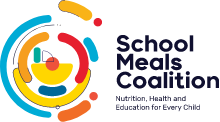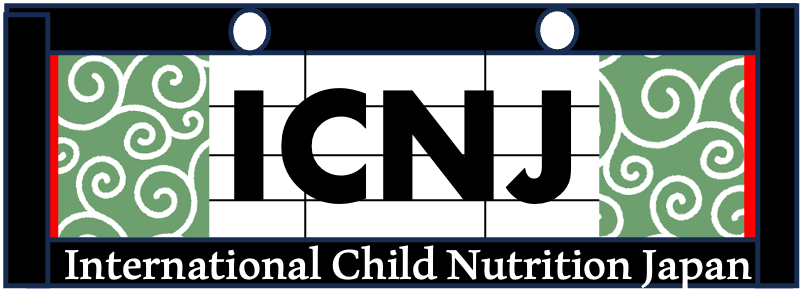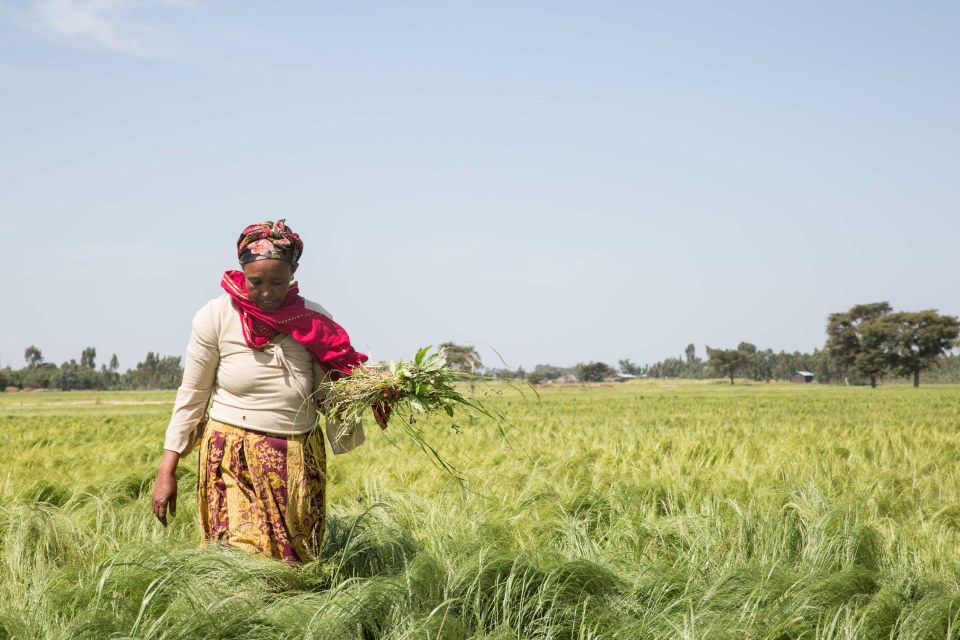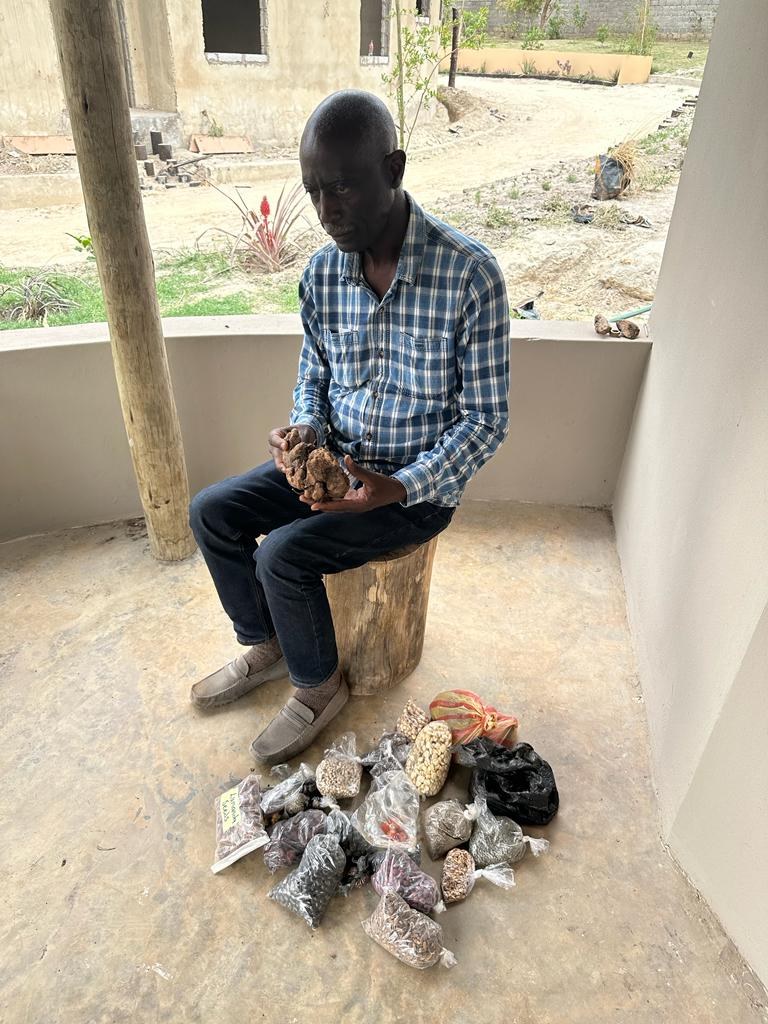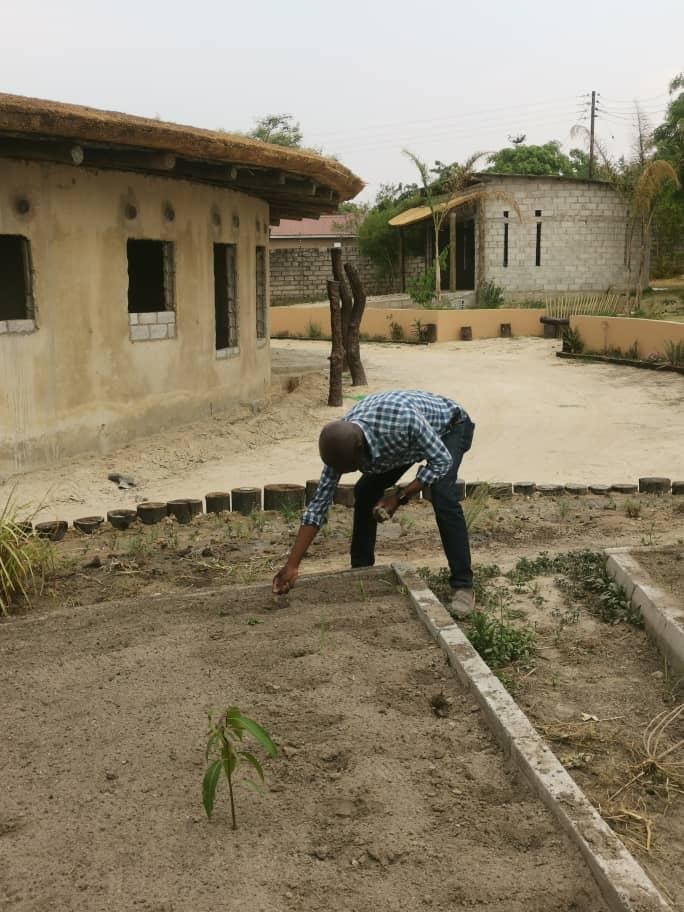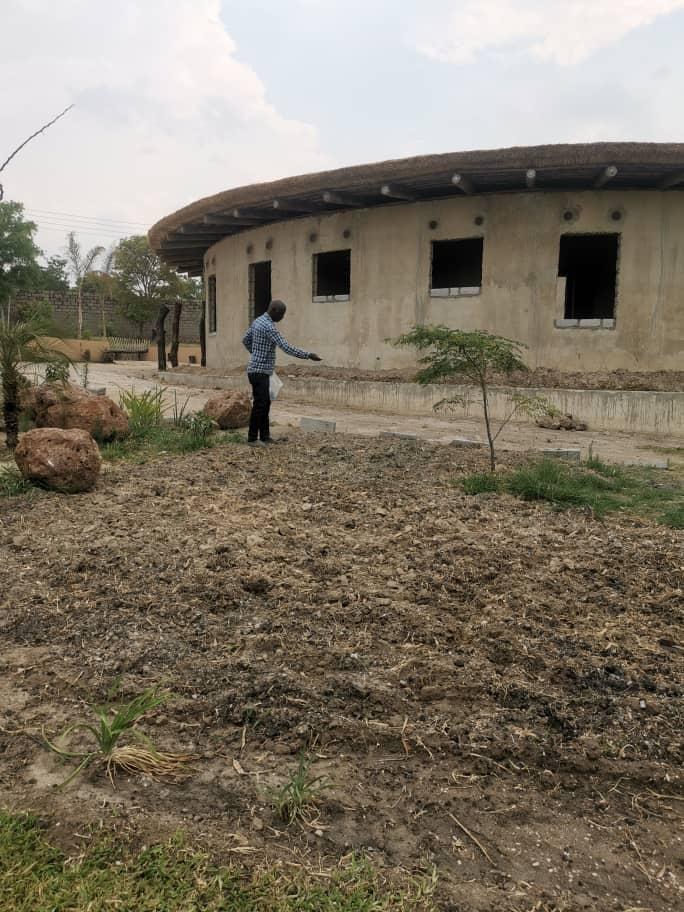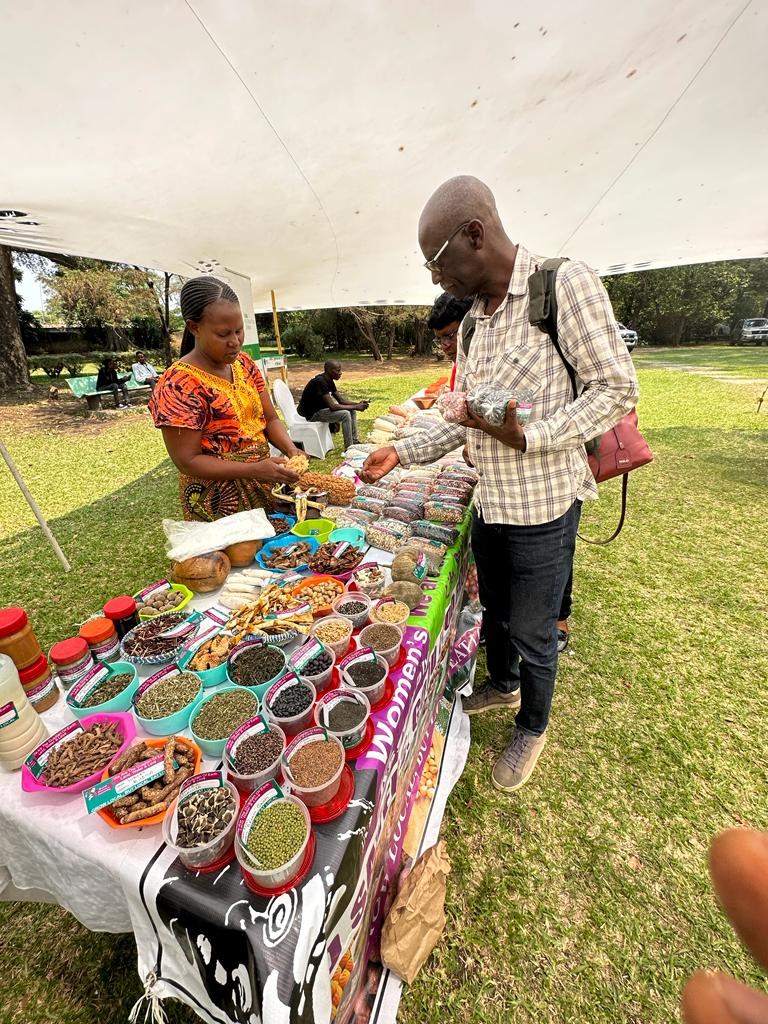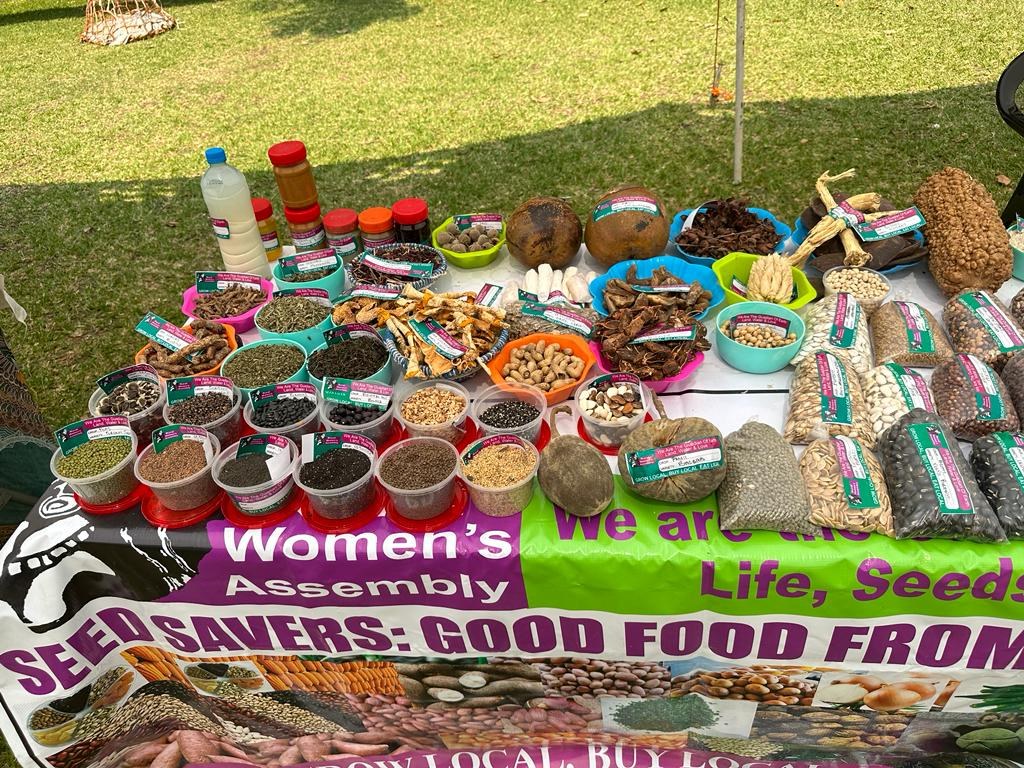Frequently Asked Questions (FAQs)

Browse our most frequently asked questions below available in English, French, Japanese, and Spanish.
The Global Child Nutrition Forum is a four-day learning exchange and technical assistance conference held biannually to support countries in the development and implementation of sustainable school feeding programs.
Since 1997, the Forum has brought together governments from across the world and their partners for intensive training, technical assistance and planning, all directed toward establishing and strengthening country-operated school feeding programs. The Global Child Nutrition Forum aims to leverage the outcomes of the School Meals Coalition biannual ministerial meeting held in Paris, France in October 2023, by offering technical capacity building and learning exchange to help governments achieve their commitments and strengthen their programs.
Upon returning home, participants serve as resources in their countries and often for neighboring countries developing school feeding programs. Past Forums have taken place in Benin, Brazil, Cabo Verde, Cambodia, Canada, Ethiopia, Ghana, Kenya, South Africa, Tunisia, and the U.S. Click here to learn more about previous Forums.
The 2024 Forum will be held from Monday, December 9 through Thursday evening, December 12, 2024. We recommend you plan to arrive by Sunday, December 8, and to leave on Friday, December 13.
The Global Child Nutrition Forum is geared towards government professionals directly involved in managing school meal programs, along with their partners including private sector companies, international organizations, NGOs, and academic institutions, among others. We expect approximately 350 participants from all over the world to attend the 2024 Forum. Typically, school meal program professionals from 35 to 60 countries participate.
Registration is now closed.
Participants are responsible for their own travel, lodging and registration costs, as well as for some meals. Registration fees are waived for government representatives from low- and middle- income countries as well as Japan. Reduced registration fees are available for international organizations, NGOs and academia.
| Participant Types | Individual Registration Fee |
|---|---|
| Government Representatives from Low- and Middle- Income Countries | $0 |
| Government Representatives from Japan | $0 |
| Government Representatives from High-Income Countries (according to 2024 World Bank classifications) | $400 |
| International Organizations, NGOs, Individuals, or Academia | $250 |
| Private Sector | $500 |
Lunch, and morning and afternoon tea breaks with light snacks will be provided each day. Most evenings are free for participants to arrange their own dinner with the exception of the evening gala event held on December 12. Breakfast is included in the room price at most hotels. Dinner costs in Osaka typically range from USD $15-35 per person.
The primary language of the Forum will be English, and translation will be available in Arabic, English, French, Japanese, Portuguese, Russian, and Spanish. Please note that not everything will be simultaneously translated.
For the plenary and breakout sessions of the Forum (as well as opening/closing ceremonies), the recommended dress code is business attire. For school visits, we recommend casual or business casual with comfortable shoes. On the evening of December 12 there will be a gala event, where we recommend dressing up (e.g., in fancy attire traditional for your country or nice party clothes).
Some travelers will need a visa in order to enter Japan. To determine whether or not you will need a visa and more information on the application requirements, please visit Japan’s Ministry of Foreign Affairs (MoFA) official website here. Japan has visa exemption arrangements with 71 countries and regions that can be found here. Japan’s MoFA advises visa applicants to directly contact their nearest Consular Section of the Embassy or Consulate General of Japan for more specific information and advice, as required. Even if the passport you will use to travel does not require a visa to enter Japan, please be aware that your travel route may entail transit visas. Once registered for the forum, participants will receive a visa support letter from GCNF to support their
visa application.
The weather in Osaka, Japan in December has average highs of 50°F/10°C and lows of 39°F/4°C. Winter starts in December, though skies are often clear. The temperature varies from cool to cold in the day, with cold temperatures in the evening. It is recommended to layer clothing to adapt to the varying temperatures. Jackets or sweaters are recommended.
The currency of Japan is the Japanese Yen (¥). Most major credit cards are accepted for purchases in major urban areas at larger stores and restaurants. However, many rural locations will only accept cash.
Electrical outlets in Japan are Type A, with two flat plugs. This is the same type of plug socket used in the United States. The standard voltage is at 100 V at a frequency of 50 / 60 Hz. Travelers likely require an outlet adapter in order to use these outlets.
Thank You to Our 2024 Forum Supporters & Partners!
Supported in part by:
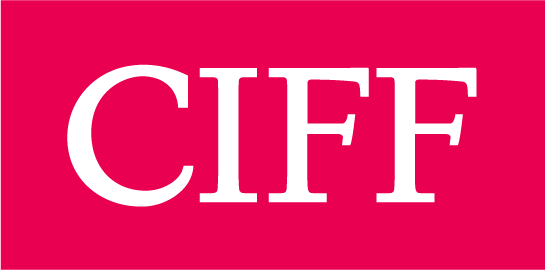

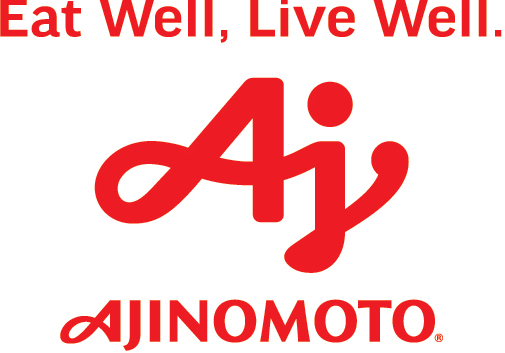
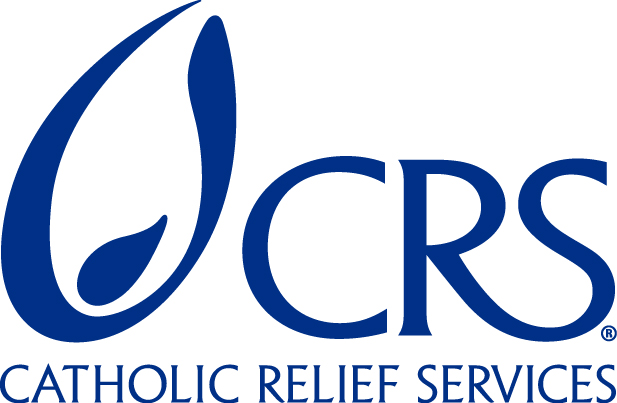
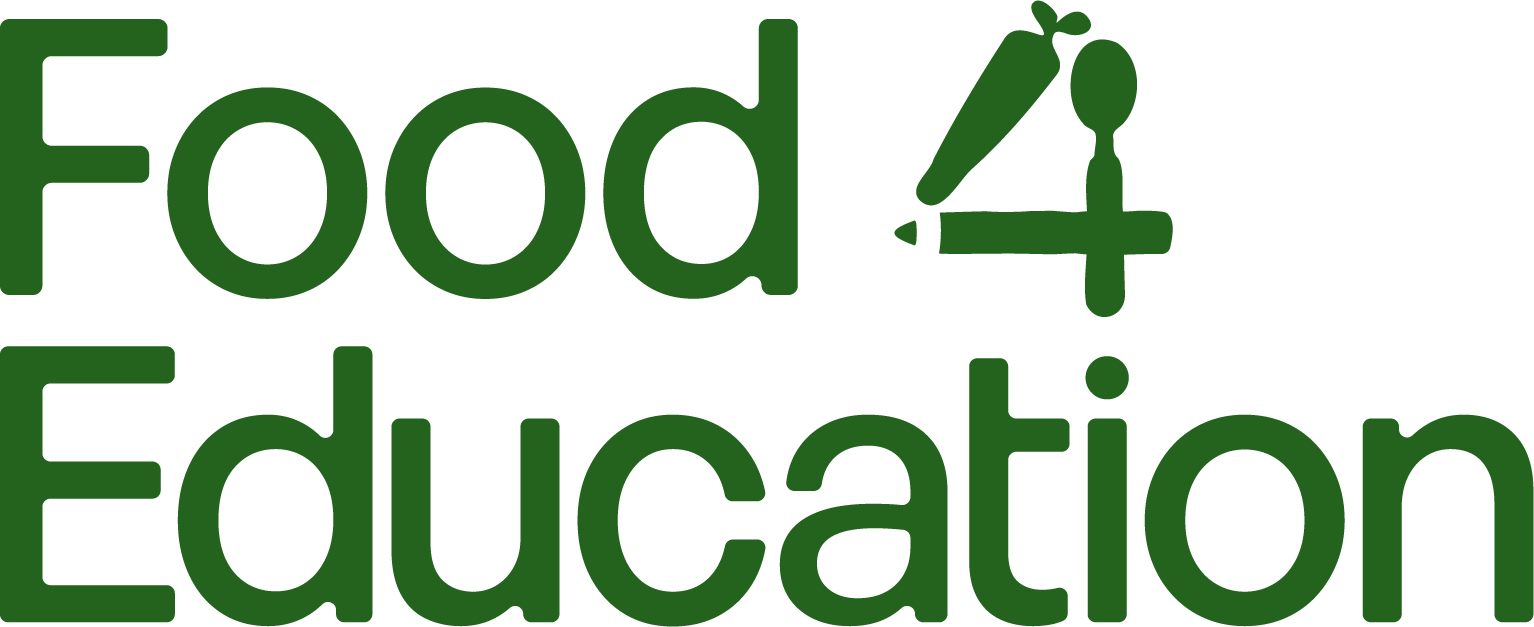



Thank You to Our 2024 Forum Supporters & Partners!
Supported in part by:








With additional support from Edesia and Sanku
In cooperation with:



